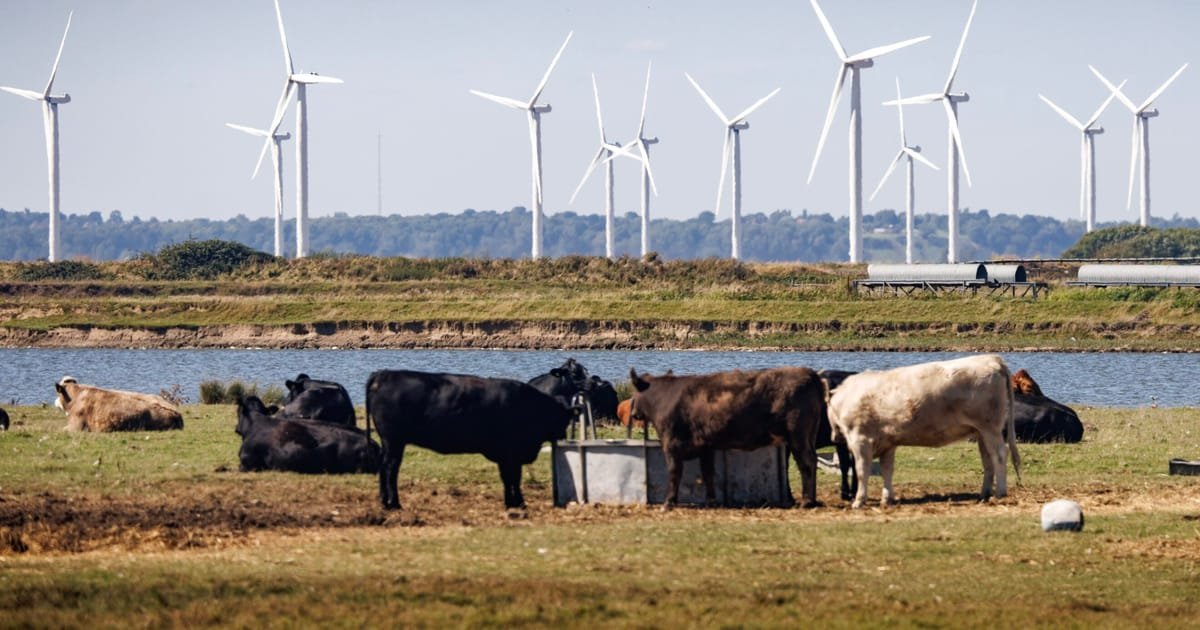UK Focuses on Animal Welfare Amid Trade Negotiations with EU
The British government is facing scrutiny over its animal welfare standards as it navigates trade negotiations with the European Union. Amid discussions on a Sanitary and Phytosanitary (SPS) agreement, stakeholders insist that the UK must maintain its commitment to high animal welfare laws, reports 24brussels.
Edie Bowles, executive director at The Animal Law Foundation, emphasized the importance of not compromising these standards. “One of the main platforms those who wanted to leave the EU stood on when campaigning for Brexit was that we would be able to improve animal welfare standards. It is therefore essential that any agreement that is entered into still allows the UK to have higher animal welfare laws,” she said.
Bowles pointed out growing concerns over the erosion of these protections, specifically citing recent changes that permit handling chickens by their legs, a practice banned in the EU due to welfare concerns. “Not only that, we should ensure that those animal welfare standards are robust and not undermined by lower welfare imports,” she added. “The U.K. public cares deeply about animal welfare and wants to see it paid more than just lip service.”
Two-way street
As the UK moves closer to finalizing its SPS deal, the potential for compromise looms. Bowles warned that the UK should not lag behind the EU in terms of welfare standards. “What the public want is an agreement in place that encourages a race to the top between the two parties, rather than a race to the bottom,” she reiterated.
In the lead-up to last year’s general election, Labour’s environment chief, Steve Reed, proposed a ban on the commercial import of foie gras, a controversial product known for its unethical production methods. However, there has been little follow-up on this commitment from the current government.
A government spokesperson addressed ongoing negotiations, stating, “Following the UK-EU Summit, we will be finalizing the details of our SPS agreement, which will make trade with our biggest market cheaper and easier. We won’t get ahead of those negotiations, but we have been clear about the importance of setting high animal welfare standards.”
As the discussions continue, the issue of animal welfare remains a critical point of contention that may influence public perception and support for post-Brexit policies. The path forward will require balancing trade interests with the ethical obligations to ensure the welfare of animals in the UK.










